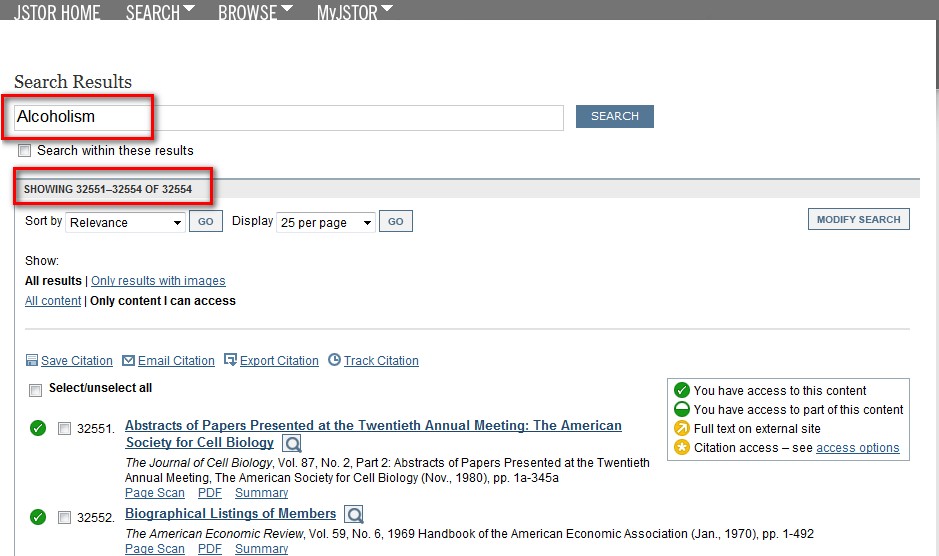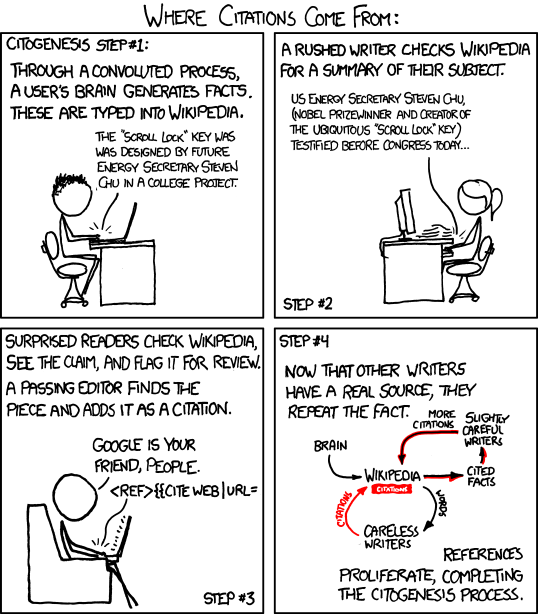From: Stuart Hamilton <Stuart.Hamilton@ifla.org>
Date: Wed, 21 Dec 2011 10:46:01 +0100
Subject: RE: [IFLA-L] Institut d'Egypte disaster update (sent on
behalf of FAIFE Chair Kai Ekholm)
To: ifla-l@infoserv.inist.fr
Dear Colleagues
Recent postings on IFLA-L have shown that many of us are increasingly
concerned about the situation of libraries in Egypt and other
countries in the Middle East, particularly since the burning of the
Egyptian Scientific Institute of Cairo on December 17th. The FAIFE
committee shares these concerns and wishes to publicly state its
support for all Egyptian libraries, librarians and library users
during this time of tension, and reaffirm the principles of free
access to information and freedom of expression that are core values
of the librarians worldwide. The committee would ask the Egyptian
authorities and, more broadly, the Egyptian people to protect
libraries from any damage and to create the conditions for librarians
to help serve their users who now, more than ever, need access to both
contemporary information and cultural heritage.
FAIFE has paid particular attention to the experiences of librarians
in the Middle East in the past twelve months. A Spotlight by our
Egyptian colleague Mahmoud Khalifa, focused on the use of information
during the Arab Spring
(http://www.ifla.org/en/publications/the-role-of-information-technology-in-defeating-the-arab-regimes-facebook-2-0-arab-pres).
Former FAIFE Committee member Shawky Salem shared his diary of the 18
days that proceeded the fall of the Mubarak government
(http://www.ifla.org/en/news/exclusive-faife-committee-member-s-report-from-egypt).
Both Shawky Salem and the Director of the Bibliotheca Alexandrina, Dr.
Ismail Serageldin, spoke at the FAIFE session at the WLIC in Puerto
Rico where their presentations were very well received. Dr. Serageldin
himself made a statement on the IFLA website (where you can also find
other news links regarding Egypt:
http://www.ifla.org/en/news/statement-from-ismail-serageldin-director-of-the-library-of-alexandria-egypt).
Furthermore, IFLA, in its role as a member of the International
Committee of the Blue Shield, spoke out against the destruction of
cultural institutions such as libraries through statements on both
Egypt (http://www.ifla.org/en/news/blue-shield-statement-on-egypt) and
Libya (http://www.ifla.org/en/news/blue-shield-statement-on-libya). At
present IFLA, along with other Blue Shield members such as the
International Council on Archives (ICA) and the international Council
of Museums (ICOM), and UNESCO, is participating in discussions
regarding the safeguarding of cultural heritage in Yemen and Syria. We
work as hard as we can with our partners on these issues to share
resources, information and expertise.
Nevertheless, if the sad events of December 17th tell us anything, it
is that cultural disasters that involve libraries, whether they are
pre-mediated or accidental, are sadly still common, and that
institutions can often become victims of societal unrest quite out of
the blue. We are now working with our colleagues in the Blue Shield,
along with the staff of our regional office in the Bibliotheca
Alexandrina, to gather more information on the unfolding situation,
and will endeavour to report back to IFLA-L when we have a better idea
of the extent of the damage at the Egyptian Scientific Institute and
other institutions caught up in the turmoil. In the meantime, I refer
you to Danielle Mincio from the Preservation and Conservation's
excellent post on the situation which was previously sent to the
IFLA-L list.
Yours Sincerely,
Kai Ekholm, FAIFE Chair
--
Sent from my mobile device
Regards
Fatima Darries
E-LIS SA Editor
www.highedlibrarian.blogspot.com
www.openaccesslibrary.pbwiki.com
_______________________________________________
Lib-helig-l mailing list
Lib-helig-l@lists.uct.ac.za
https://lists.uct.ac.za/mailman/listinfo/lib-helig-l




